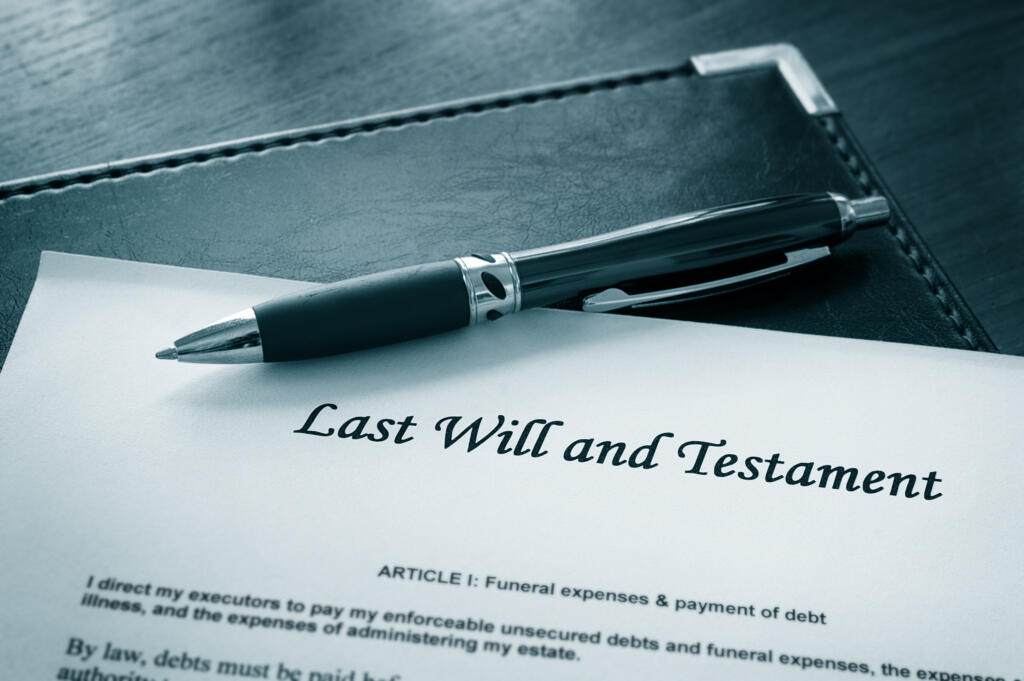
The distress of a family member dying is hard enough, but for some people the stress is increased if the ex-partner of the person who died has a role in administering the estate and making funeral plans due to the intestacy rules.
What happens if you die without a Will?
Many people assume that if a relationship ends, their ex will not be entitled to their estate when they die.
However, if you die without leaving a valid Will then your estate is distributed according to the rules of intestacy. These are the laws which set out who should receive your assets when you die. If you are divorced, or unmarried, and have children, then the rules of intestacy direct your estate should pass to your children.
But, what happens if your children are minors and under the law are too young to receive the estate? According to the rules of intestacy the estate is held on trust for them by anyone who has parental responsibility for them. This usually means your ex-spouse or ex-partner as their other parent.
Ex-partner as trustee
This means that not only is your ex going to be a trustee for your children’s money, they will also be entitled to choose who the other trustees are going to be.
For some people who have maintained a good relationship with their former partner this is not an issue, but if that is not the case unfortunate consequences can happen, such as a former partner excluding your family from acting with them.
In addition, in these circumstances, your ex is the first person entitled to administer your estate. This means that they, with whomever they nominate as the other trustee, are responsible for arranging your funeral, clearing your house, collecting in all your assets, settling any liabilities and then deciding how much money is left to pass to your children. Again, for some families having an ex-partner so closely involved in arrangements is not an issue – but for others, it could be very distressing.
When administering someone’s estate it is necessary to account to HMRC for any gifts made within the last seven years. If they do not have this information, your ex would also be expected to obtain copies of your bank statements for the last seven years and go through them to account for any gifts that you have made.
This is a fairly common situation which we have seen arise time and time again, causing real and prolonged difficulties for family members left trying to pick up the pieces.
How to have a say in who administers your estate
The good news is that if you don’t want an ex to have this level of involvement, it is easy to prevent it by making a valid Will. Making a proper Will allows you to decide who deals with your estate and who holds the money on trust for your children.
